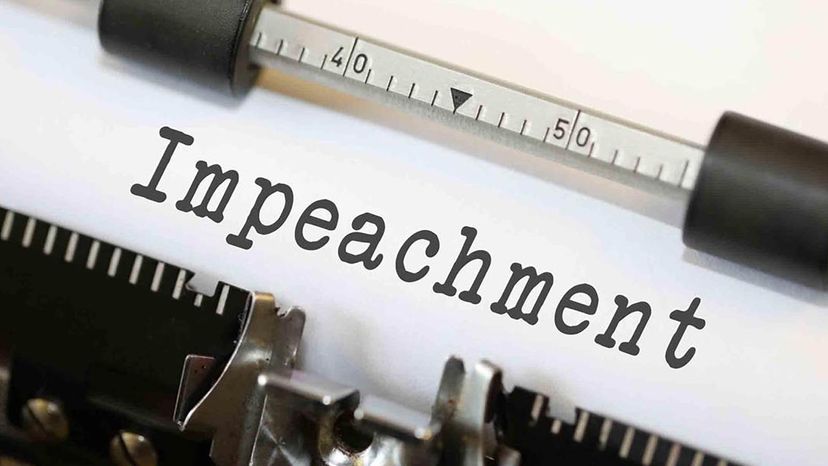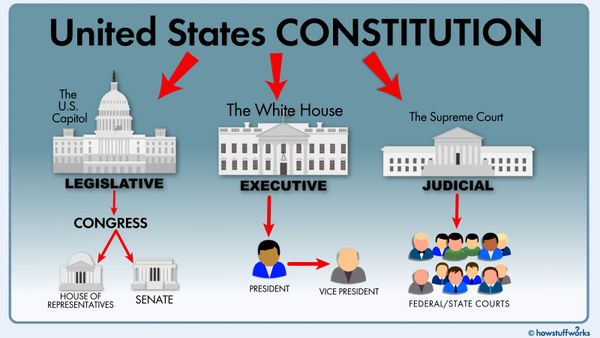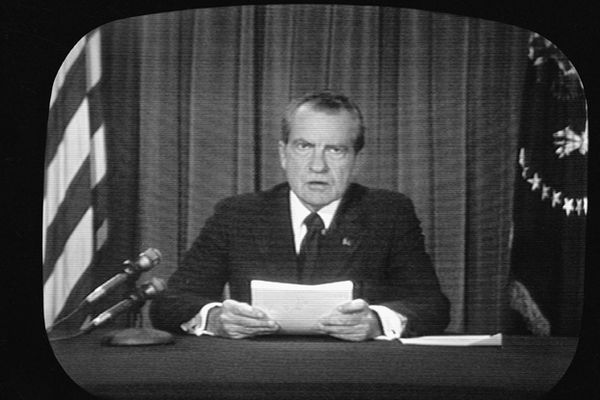
This explainer on impeachment is intended for our elementary and middle-school readers. If you would like to read more on this topic, dive into our longer article How Impeachment Works.
The president of the United States has a hard job. He or she is the leader of the U.S. government and the head of the military. Sometimes, in the middle of their time in the White House, lots of people start to notice the president is not doing a good job, or did something illegal. This is when Congress — the House of Representatives and the Senate, which make the laws of the United States together — decides whether a president has failed at their job. This process is called impeachment.
Advertisement
One thing we often get wrong about impeachment is that it is the same thing as firing the president. Impeachment is actually how a president gets accused of doing something wrong, and it means they might get fired later. Three American presidents have been impeached, but none of them has had to leave his job because of it.



